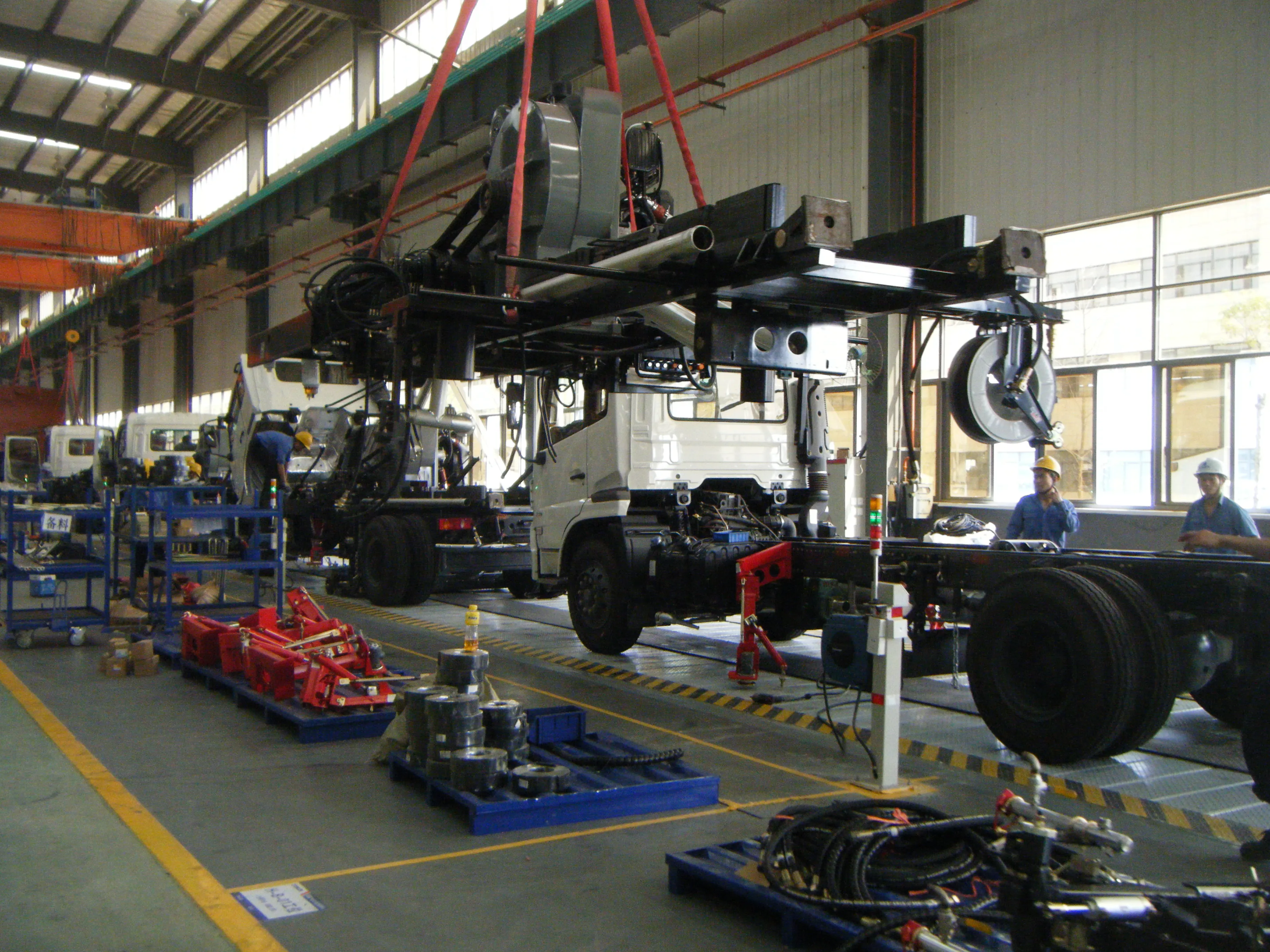A new report by research body Frost & Sullivan says that growing replacement volumes are boosting demand for tyre pressure monitoring technology in Europe and North America. Laws requiring the installation of tyre pressure monitoring systems (TPMS) in new vehicles are leading to an increase in the installed base of this technology in the European Union (EU) and the United States. With the proliferation of universal sensors and aggressive efforts to raise consumer awareness, the TPMS aftermarket is set for r
December 13, 2012
Read time: 2 mins
A new report by research body Frost & Sullivan says that growing replacement volumes are boosting demand for tyre pressure monitoring technology in Europe and North America. Laws requiring the installation of tyre pressure monitoring systems (TPMS) in new vehicles are leading to an increase in the installed base of this technology in the 1116 European Union (EU) and the United States. With the proliferation of universal sensors and aggressive efforts to raise consumer awareness, the TPMS aftermarket is set for robust revenue growth. The new analysis from Frost & Sullivan: Strategic Analysis of the North American and European Tyre Pressure Monitoring Systems Aftermarket, finds that the market earned revenues of over US$111.7 million in 2011 and estimates this to reach $386.6 million by 2018.
In 2011, only about 2.3% vehicles in operation in Europe (around 7.1 million) were equipped with direct TPMS. This installed base is forecast to grow to 36.7 million by 2018 as EU, transportation laws require vehicles to have an active TPMS. But sensor batteries typically last for 6-10 years, so this mandate will drive breakage replacements in the forecast period and end-of-battery-life replacements beyond 2018. “By 2014, nearly 38% of vehicles in North America will feature TPMS, a 13% increase from 2011, increasing the addressable market size,” said Frost & Sullivan industry analyst Kumar Saha. “In Europe, the TPMS installed base, though much lower, is expected to more than double by 2014 due to supportive legislation.”
More European countries, including Belgium, Poland and Turkey, will adopt winter tyre legislations, so TPMS revenues and unit sales will increase in the short and medium term. Additionally, if the908 US Government mandates functioning TPMS sensors at all times, and tightens fuel economy policies, the technology will become a key component in vehicles.
High OE installation rates have also provided manufacturers with the economies of scale they need to reduce prices and offer attractive TPMS replacement packages to consumers.
In 2011, only about 2.3% vehicles in operation in Europe (around 7.1 million) were equipped with direct TPMS. This installed base is forecast to grow to 36.7 million by 2018 as EU, transportation laws require vehicles to have an active TPMS. But sensor batteries typically last for 6-10 years, so this mandate will drive breakage replacements in the forecast period and end-of-battery-life replacements beyond 2018. “By 2014, nearly 38% of vehicles in North America will feature TPMS, a 13% increase from 2011, increasing the addressable market size,” said Frost & Sullivan industry analyst Kumar Saha. “In Europe, the TPMS installed base, though much lower, is expected to more than double by 2014 due to supportive legislation.”
More European countries, including Belgium, Poland and Turkey, will adopt winter tyre legislations, so TPMS revenues and unit sales will increase in the short and medium term. Additionally, if the
High OE installation rates have also provided manufacturers with the economies of scale they need to reduce prices and offer attractive TPMS replacement packages to consumers.








